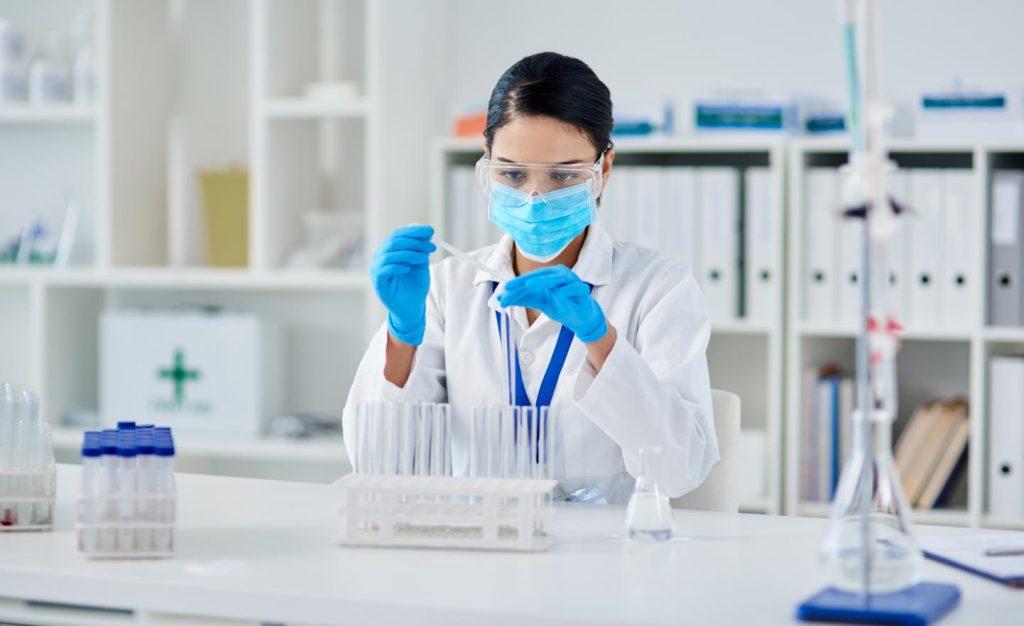COVID-19 Tests: What’s the Difference?

There are a range of COVID-19 tests available in the market. We discuss each type of test and how they can most benefit you.
You may have heard a lot about coronavirus testing lately. With a range of tests available in the market today, which one of these is the best to take for you, your family, or your company? Here, we differentiate the three types of COVID-19 tests.
Antibody Rapid Test
The rapid test measures the presence of antibodies in your blood versus SARS-Cov-2, the virus that causes COVID-19. The test detects possible exposure to the coronavirus, possible recovery from the disease, or if you can potentially infect others.
The rapid test is also considered an antibody test because it seeks out antibodies produced by the immune system as a response to a threat. Antibodies may take weeks or months to develop after an infection, and may stay in your blood for several weeks. As a result, these types of tests must not be used to diagnose the presence of COVID-19 in your system.
Antigen Test
Antigen tests detect certain proteins using nasal or throat swabs. It is able to diagnose an active coronavirus infection. Positive results from an antigen test are considered to be highly accurate, but the test does not completely rule out the coronavirus infection. To get the most precise readings, you need to acquire a swab test, or RT-PCR test.
RT-PCR Test*
The RT-PCR (reverse transcription-polymerase chain reaction)* test, using swabs for the nose or throat, detects if a person actually has the virus. This test will be recommended depending on the result of the individual’s antibody or antigen test. RT-PCR tests are the most accurate of the three, and typically do not need to be repeated.
Get tested at Keralty
At Keralty, we understand the value of keeping safe and having peace of mind. We offer all three types of COVID-19 tests to better serve you, your family, and your organization. Visit https://keralty.com.ph/keralty-covid-19-rapid-test for more information on our tests.
*We offer this test in partnership with a DOH-accredited third-party laboratory.

